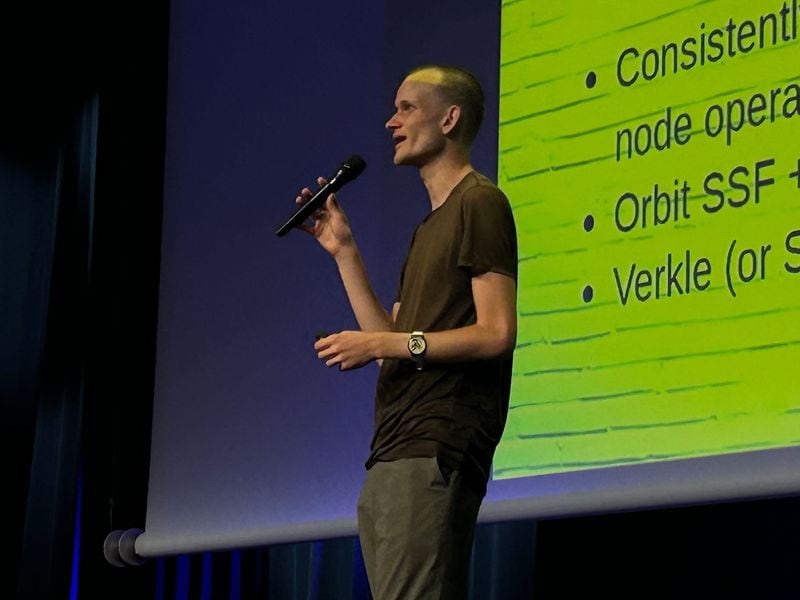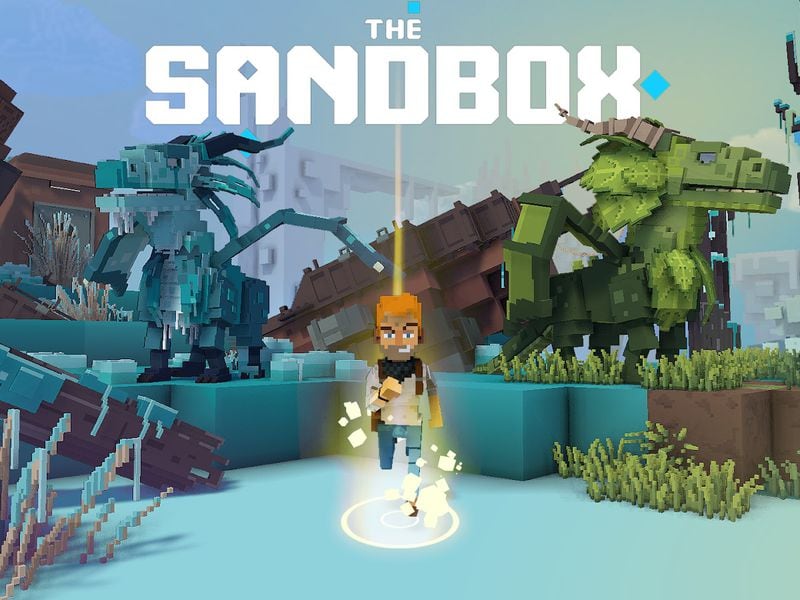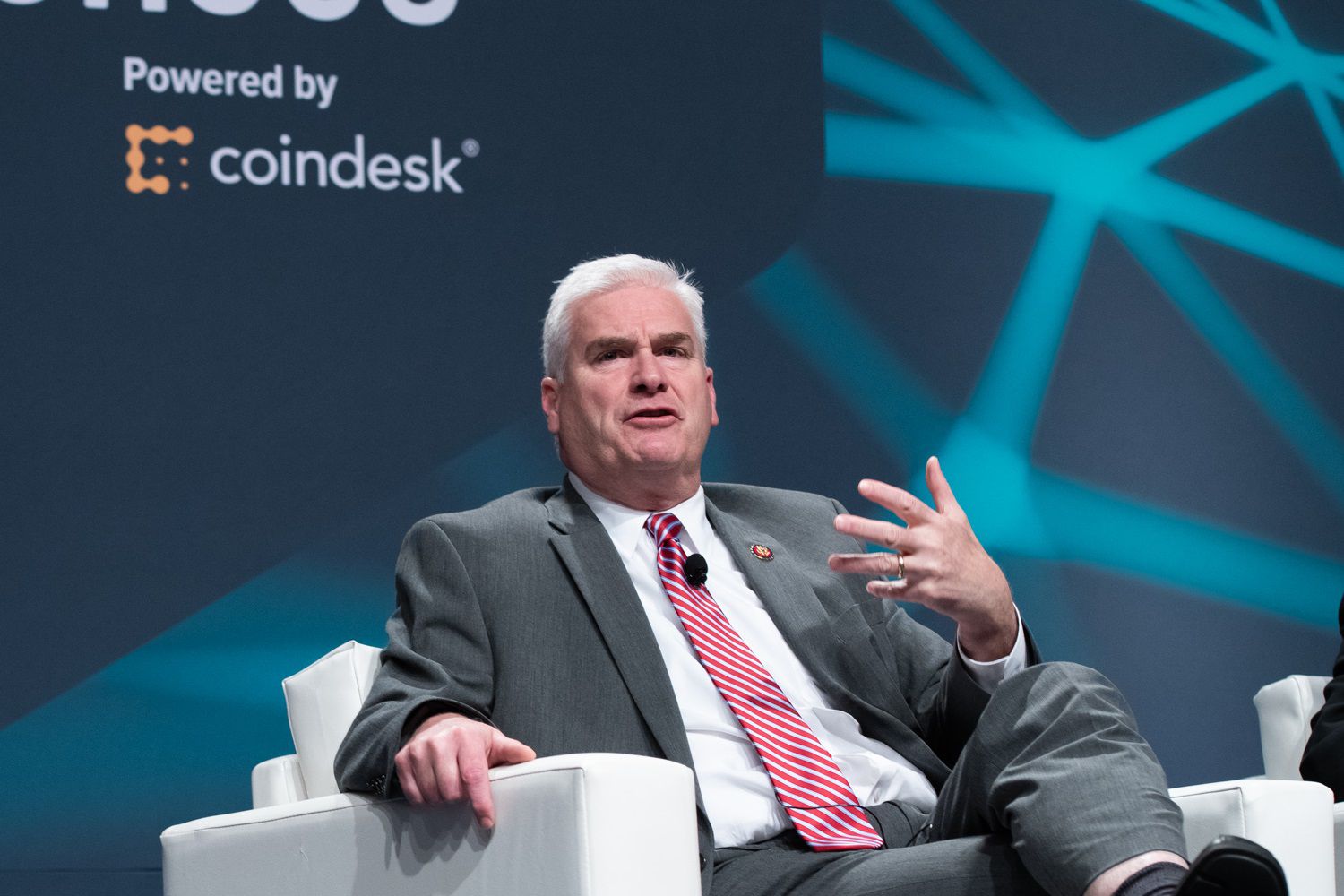Cardano’s Chang Hard Fork Goes Live, Introducing On-Chain Governance
Cardano, the layer-1 blockchain launched in 2017 by Ethereum co-founder Charles Hoskinson, activated its highly anticipated “Chang” upgrade on Sunday, marking the ecosystem’s long-planned shift towards decentralized governance.
With the Chang upgrade now live, ADA token holders will be able to shape Cardano’s future by electing governance representatives and voting on development proposals.
CIP-1694, an official “Cardano Improvement Proposal,” describes the new community governance structure and establishes three user-led governance bodies: the Constitutional Committee, Delegate Representatives (dReps), and Stake Pool Operators (SPOs). Moving forward, Cardano’s three founding entities—the Cardano Foundation, Input Output Global (IOHK) and Emurgo—will no longer have the keys to trigger chain upgrades or “hard forks.” Instead, that responsibility will be delegated to the new governance groups.
Cardano is the latest in a string of crypto projects to transition towards a more decentralized structure. The changes bring Cardano further in line with the blockchain industry’s decentralized ethos, but they may also be viewed as a way to ward off securities regulators by bestowing ADA with extra utility.
Despite being ranked as the 28th largest blockchain by DeFiLlama, Cardano has consistently drawn attention from the crypto world, not least because of Hoskinson’s colorful personality and routine outspokenness. He originally created the Ethereum blockchain in 2014 alongside co-founders like Vitalik Buterin, but he quickly moved on from the project to build rival Cardano.
Hard forks—significant updates that render older versions of a blockchain obsolete—are a critical part of any blockchain’s evolution. The Chang hard fork is no exception, with its implementation spread across two phases.
The first phase, already live, introduces an Interim Constitutional Committee to temporarily oversee Cardano’s governance. This phase is designed to be cautious, limiting the committee’s power to make changes to the blockchain’s code while the rest of the ecosystem’s governance model takes shape.
The second phase, expected to happen in 90 days, will fully empower the new governance bodies. “Once everyone is onboard and well-informed, they will be ready to actively participate in governance,” said Giorgio Zinetti, CTO of the Cardano Foundation, in an interview with CoinDesk.
This upgrade is a pivotal milestone in Cardano’s roadmap, marking the beginning of the Voltaire era—a phase focused on achieving full decentralization that has been in the works since Cardano’s inception.
“I would say it is the biggest event in Cardano history, and it really makes us different from many other chains,” Zinetti told CoinDesk. “I think we are the largest layer 1 with on-chain governance. There are some smaller players, like Tezos and Polkadot, who already have on-chain governance. But if there was a leaderboard, real decentralized layer-1s, we would be number one.”
Disclosure
Please note that our
privacy policy,
terms of use,
cookies,
and
do not sell my personal information
has been updated
.
CoinDesk is an
award-winning
media outlet that covers the cryptocurrency industry. Its journalists abide by a
strict set of editorial policies.
In November 2023
, CoinDesk was acquired
by the Bullish group, owner of
Bullish,
a regulated, digital assets exchange. The Bullish group is majority-owned by
Block.one; both companies have
interests
in a variety of blockchain and digital asset businesses and significant holdings of digital assets, including bitcoin.
CoinDesk operates as an independent subsidiary with an editorial committee to protect journalistic independence. CoinDesk employees, including journalists, may receive options in the Bullish group as part of their compensation.
:format(jpg)/s3.amazonaws.com/arc-authors/coindesk/7dc71a1a-5122-47cc-9bbf-82501f65b060.png)
Margaux Nijkerk reports on the Ethereum protocol and L2s. A graduate of Johns Hopkins and Emory universities, she has a masters in International Affairs & Economics. She holds a small amount of ETH and other altcoins.
Follow @cryptauxmargaux on Twitter








